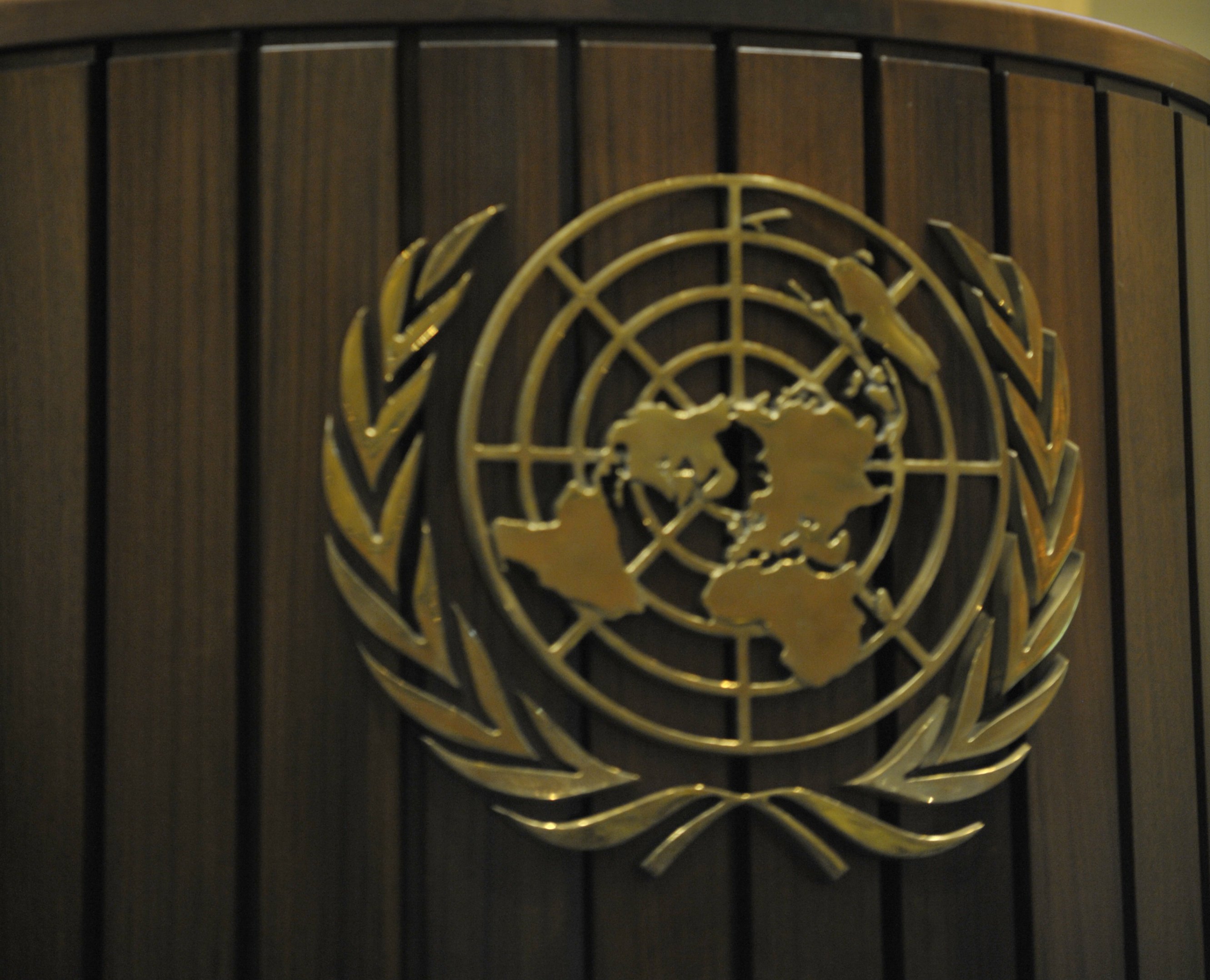Of all the things that have happened in the days following the 21st December Catalan election, there's one which has powerfully caught my attention: the naming of Jorge Moragas, previously Spanish prime minister Mariano Rajoy's chief of staff, as Spain's permanent representative to the United Nations. You cannot say, certainly, that the media has not talked about it: they've discussed the fantastic residence Moragas will live in with his family in the Big Apple, the salary increase it represents over what he earned in Madrid and his excitement for this new role which, they say, he's coveted for a long time. All with the idea of implying that this change marks a reward from Rajoy to Moragas for services rendered, and not retribution for the sad role of PP in the Catalan election, as some evil-minded souls had speculated, taking into account that the announcement of his dismissal/nomination came immediately after the announcement of the election results.
This type of explanation hides, to my understanding, the real reasons that take Moragas to the UN's headquarters. The truth is that currently, despite being on the UN's Human Rights Council, "Brand Spain" doesn't count for much in the United Nations. Remember, for example, that since 2009 the Commission on Human Rights and other bodies linked with the UN have insisted on the need for Spain to strike down its 1977 Amnesty Law from the transition to democracy and as such cleanse itself of liability deriving from the crimes committed during the Civil War and the Franco regime, as well as repairing the damage caused to the victims and their families. There have been constant complaints from UN representatives about the insufficiency of the means dedicated by Spanish authorities to this objective. This is not, however, its only point of conflict with Spain: its actions against sub-Saharan immigrants at the border with Ceuta have also raised protests on more than one occasion in UN bodies entrusted with safeguarding human rights.
Moragas hasn't "left" the Catalan question, quite the opposite, he's continuing with it on the international stage. It's the internationalisation of the independence process by the Spanish side
It goes without saying that, in this disagreement between the United Nations and the Spanish government, Catalonia has a starring role, especially following the 1st October referendum. Even before that date, the UN's Special Rapporteur on freedom of expression had called on Spanish authorities to ensure that the measure they adopted relating to the referendum would not impinge on the fundamental rights to expression, assembly and association and public participation. Naturally, the events that took place, well known to everyone, on that day did nothing more than raise the United Nations' concerns to the point where it has named a special rapporteur to report on the possible human rights violations committed on the day of the referendum who has already met with Spanish authorities. Another UN rapporteur, Alfred de Zayas, a UN Independent Expert on the Promotion of a Democratic and Equitable International Order, has defended Catalonia's right to self-determination and the obligation of Spanish authorities to respect it on numerous occasions.
Given this panorama, it's clear what service to Spain Rajoy wants from Moragas in New York: to explain and justify the Spanish government's point of view on the Catalan issue and stop or soften the proposals and initiatives which harm its interests. A bit like what's been done with the European Union. It should be remembered too that the United Nations, apart from the organisation's weight by itself, is also a great showcase in view of the whole world, from which you can influence governments and political leaders. Plainly and simply: Moragas hasn't "left" the Catalan question, quite the opposite, he's continuing with it in a new phase, this time on the international stage. In a certain way, it would be the continuation of the internationalisation of the independence process, but this time from the Spanish side: if Puigdemont is in Brussels, Moragas will be in New York. For sure it won't be long before we see its effects.
Ferran Armengol is Adjunct Professor of Public International Law at the University of Barcelona.

